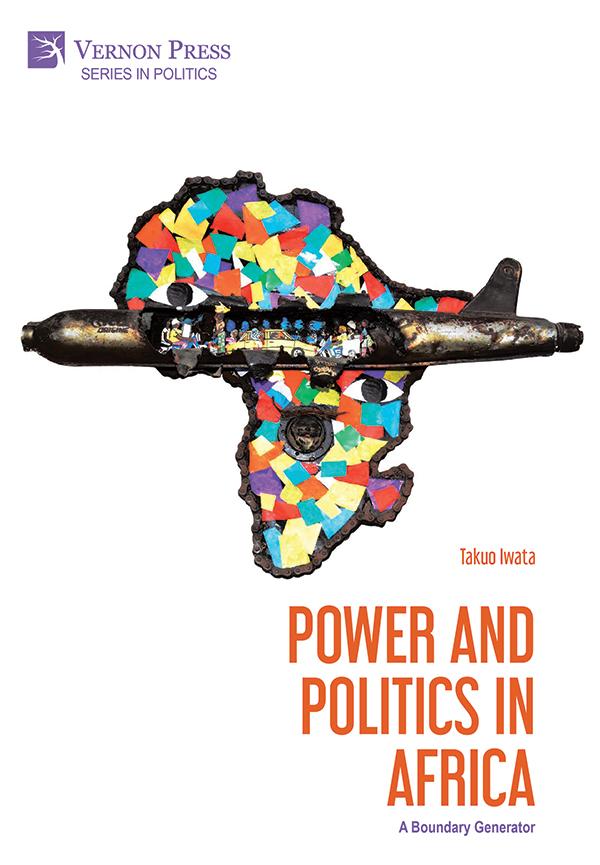body {
font-family: Arial, sans-serif;
}
h1 {
font-size: 2em;
margin-bottom: 1em;
}
h2 {
font-size: 1.5em;
margin-bottom: 0.5em;
}
h3 {
font-size: 1.25em;
margin-bottom: 0.25em;
}
ul {
list-style-type: none;
padding-left: 1em;
}
li {
margin-bottom: 0.5em;
}
table {
border-collapse: collapse;
width: 100%;
}
th, td {
border: 1px solid black;
padding: 0.5em;
}
Ghana’s Political Landscape: Unveiling the Power Dynamics of the Fourth Republic
Introduction
Table of Contents
Ghana’s Fourth Republic was established in 1992 after a series of military coups and authoritarian regimes. The Fourth Republic is based on a multi-party democratic system with a president as head of state and a parliament.The current president is nana Addo Dankwa Akufo-Addo, who was elected in 2016.
The Two Major Political Parties
The two dominant political parties in Ghana are the National democratic Congress (NDC) and the New Patriotic Party (NPP). The NDC is a center-left party, while the NPP is a center-right party. Both parties have a strong presence throughout the country, but the NDC is generally stronger in the north, while the NPP is stronger in the south.
The Electoral System
Ghana uses a first-past-the-post electoral system, in which the candidate with the most votes in a constituency wins the seat. This system tends too favor the two major parties, as they have the most resources and are able to field candidates in all constituencies.
The Role of the President
the president of Ghana is head of state and commander-in-chief of the armed forces. The president is also responsible for appointing the cabinet and other government officials.The president has a powerful veto over legislation passed by parliament.
The Role of Parliament
Parliament is the legislative body of Ghana.It is indeed responsible for passing laws, approving the budget, and overseeing the government. Parliament is also responsible for impeaching the president if necessary.
The Judiciary
The judiciary is the autonomous branch of government responsible for interpreting the law. The judiciary is composed of the Supreme Court, the Court of Appeal, and the High Court. The Supreme Court is the highest court in the land.
The Media
The media plays a vital role in Ghana’s democracy. The media is responsible for informing the public about political issues and holding the government accountable. Ghana has a relatively free and independent press, which is able to criticize the government without fear of reprisal.
Challenges to Ghana’s Democracy
Ghana’s democracy faces a number of challenges, including:
- Corruption: Corruption is a major problem in Ghana, and it can undermine public trust in the government.
- Poverty: Ghana is a relatively poor country, and poverty can make it tough for people to participate in the political process.
- Ethnic tensions: Ghana has a number of different ethnic groups, and ethnic tensions can sometiems led to violence.
Conclusion
Ghana’s political landscape is complex and ever-changing. However, the country has made significant progress towards democracy in recent years. The Fourth Republic is a stable and functioning democracy, and it is likely to continue to be so for many years to come.

